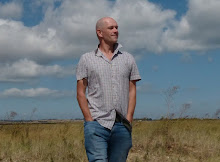The European Comission has today confirmed that it will back the proposal to list Atlantic and Mediterranean Bluefin Tuna on Appendix 1 of the Convention on International Trade in Endangered Species.
This is the latest support that the EU has given to measures for protecting fast collapsing fish stocks in many seas. These measures are unfortunately often too late and of course upset those in the fishing industry who accuse those who wish to protect fish as destroying their way of life. It would seem that if these fish are not protected, at least for a while, these fishermen's way of life will be forever destroyed anyway.
Predictably Japan has protested against the possibility of listing tuna as an endangered species as it would make trading of the fish illegal. Japan has a histroy of flouting and/or ignoring international bans on whaling and catching of certain fish species.
This is the latest support that the EU has given to measures for protecting fast collapsing fish stocks in many seas. These measures are unfortunately often too late and of course upset those in the fishing industry who accuse those who wish to protect fish as destroying their way of life. It would seem that if these fish are not protected, at least for a while, these fishermen's way of life will be forever destroyed anyway.
Predictably Japan has protested against the possibility of listing tuna as an endangered species as it would make trading of the fish illegal. Japan has a histroy of flouting and/or ignoring international bans on whaling and catching of certain fish species.










